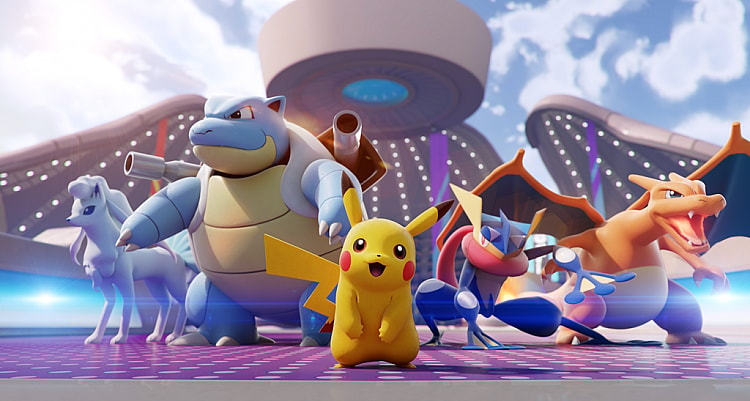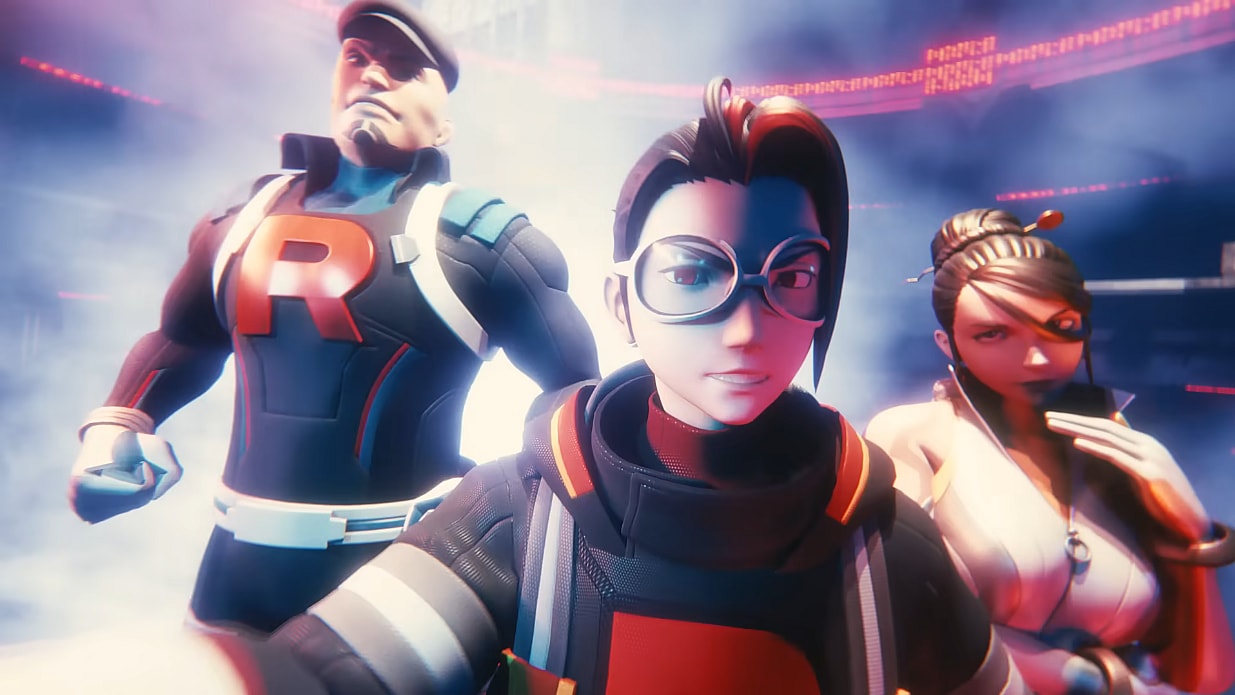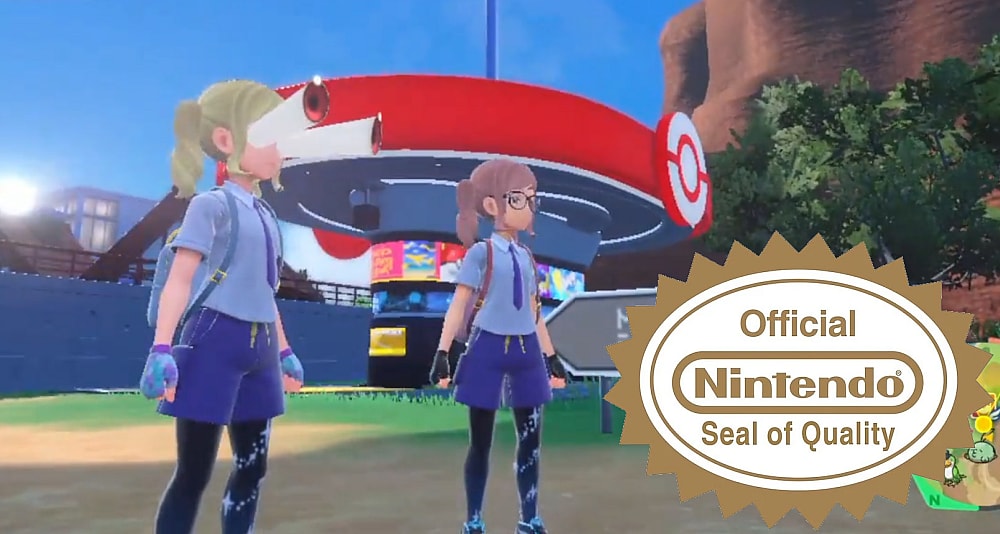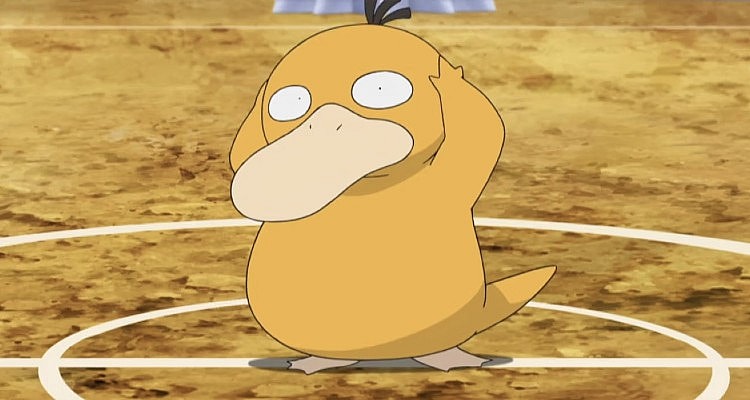The Pokémon Company Wins Historic $15 Million Copyright Lawsuit Against Chinese Clone

The Pokémon Company has won a major legal battle against several Chinese firms over copyright and intellectual property theft.
The court ruling, handed down by the Shenzhen Intermediate People’s Court, ordered one company to pay more than $15 million in damages for creating a game that infringed on The Pokémon Company’s iconic characters and trademarks.

RELATED: Rumor: Netflix’s Live-Action ‘Pokémon’ Still In Development, Red To Serve As Series Protagonist
The Pokemon Clone
The case centers around a turn-based RPG titled Pocket Monster Reissue—also known as Koudaiyaoguai Fukelp. According to the lawsuit, it reportedly copied key elements from the original Pokémon franchise. Not only were characters like Ash Ketchum and Pikachu allegedly lifted directly from the Pokémon games, but the overall game design closely mirrored the mechanics.
Via Gamebiz.jp, a Japanese news site, the court found that the game developers knowingly violated The Pokémon Company’s copyright.

Copyright Infringement and Massive Profits
This wasn’t a minor case. It seems that Pocket Monster Reissue is estimated to have generated a staggering $42 million annually. Despite this, The Pokémon Company originally sued for $72 million.
The company also demanded a public apology from the defendants to acknowledge the widespread damage to their intellectual property. This court victory highlights the growing issue of intellectual property theft in the gaming industry. This is especially true when companies look to profit from unauthorized clones.
The six companies involved in the lawsuit were ordered to bear joint liability, although some are reportedly planning to appeal the ruling.

RELATED: Niantic Sends Trainers Into Uproar With ‘Pokémon GO’ Update That Makes Avatars Look Androgynous
Protecting the Brand
In a statement, The Pokémon Company emphasized that it will continue to aggressively defend its intellectual property rights. “We will take necessary actions to protect our franchise, ensuring that fans worldwide can continue to enjoy authentic Pokémon content,” a spokesperson said.
The company’s efforts are in line with other industry leaders who are increasingly taking legal action to combat knock-off games. This is particularly true in regions where intellectual property laws have historically been harder to enforce.
So what makes this ruling significant? It shows that even in international courts, copyright violations are being taken seriously. It also serves as a warning to other developers looking to capitalize on the success of established franchises without proper authorization.

Global Implications
Protecting intellectual property is becoming more complex over time. This is especially true when dealing with cross-border legal issues. China is a country that has often been criticized for lax enforcement of IP laws. But now it seems to be starting to see courts like Shenzhen’s take stronger stances against these kinds of violations.
With gaming revenue soaring across the globe, successful franchises are increasingly attractive targets for copycat developers. The Pokémon Company’s victory in this case could encourage more companies to pursue legal action against infringing products.
As some companies plan to appeal the decision, this case could drag on, but for now, it serves as a major win for The Pokémon Company and other intellectual property holders who have had their creative work compromised.
